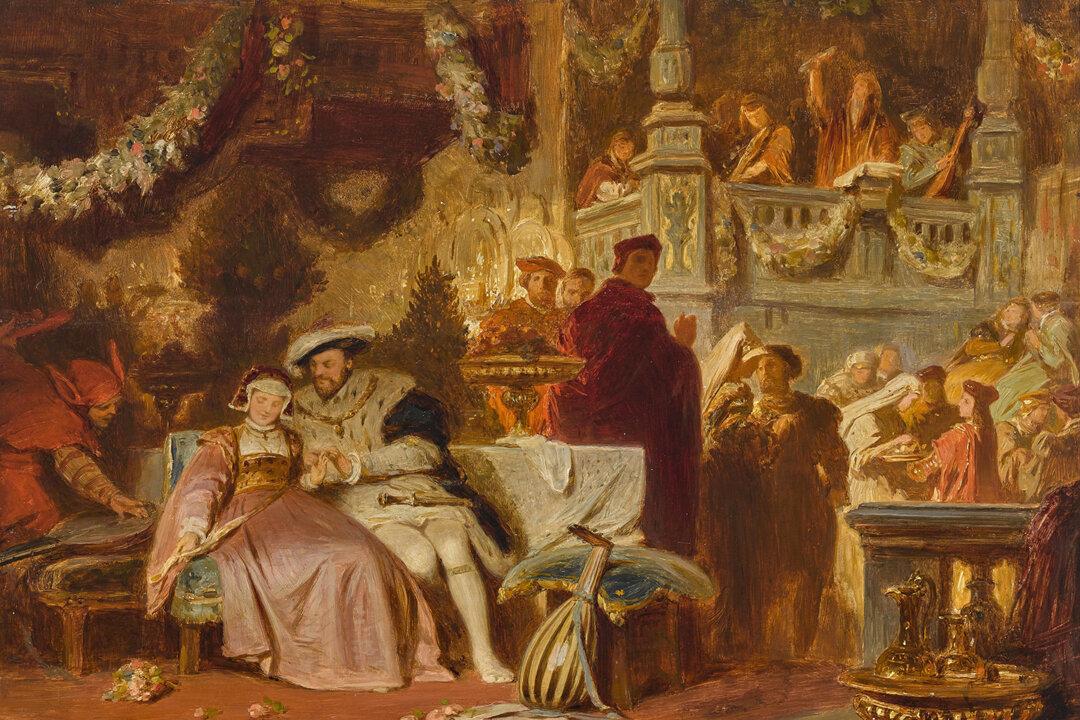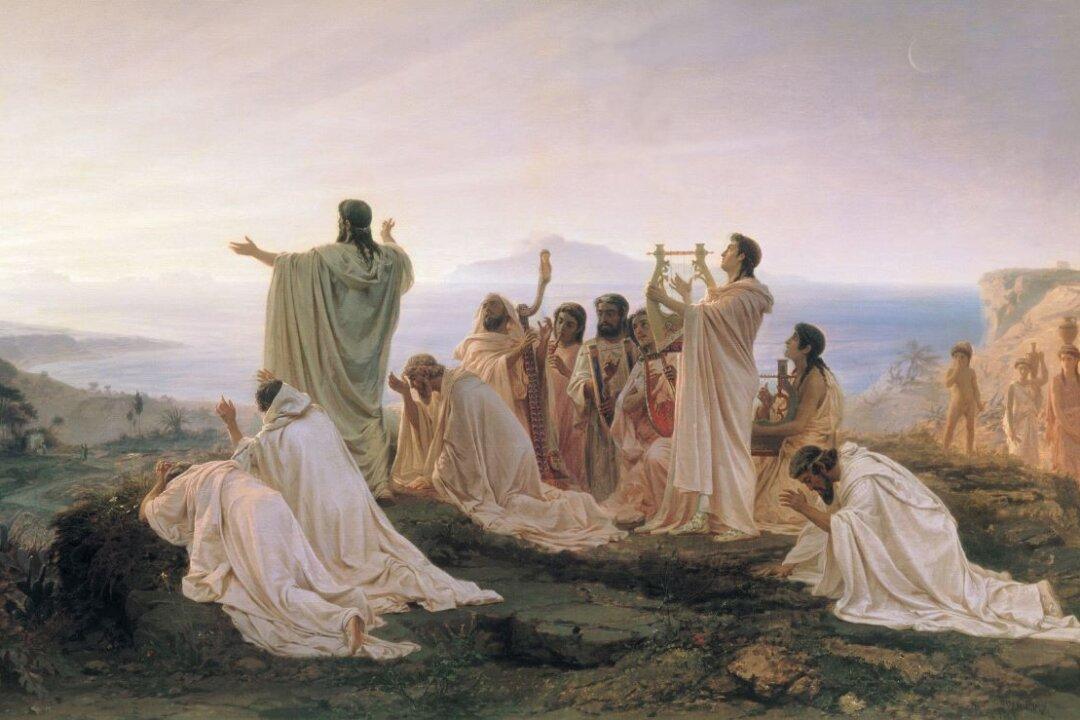Henry VIII often gets a bad rap for the way he treated his wives. There is good reason for this, of course. But the life of England’s arguably most famous monarch has also been embellished and slanted by the legend that has grown around him over the centuries. No simple tyrant, and more than a lady-killer, he was a complex figure who can’t be easily pigeonholed.
According to musicologist John Stevens’s “Music and Poetry in the Early Tudor Court,” in addition to being a jouster, he was said, by one eyewitness, to perform “supernatural feats” of athleticism—and yet he was a theologian who sparred with Martin Luther in print. He not only created the political and economic conditions for the Renaissance to make its way to Tudor England, but was the very embodiment of the Renaissance, representing a model of the cultured, well-rounded nobleman idealized by writers of the time.





